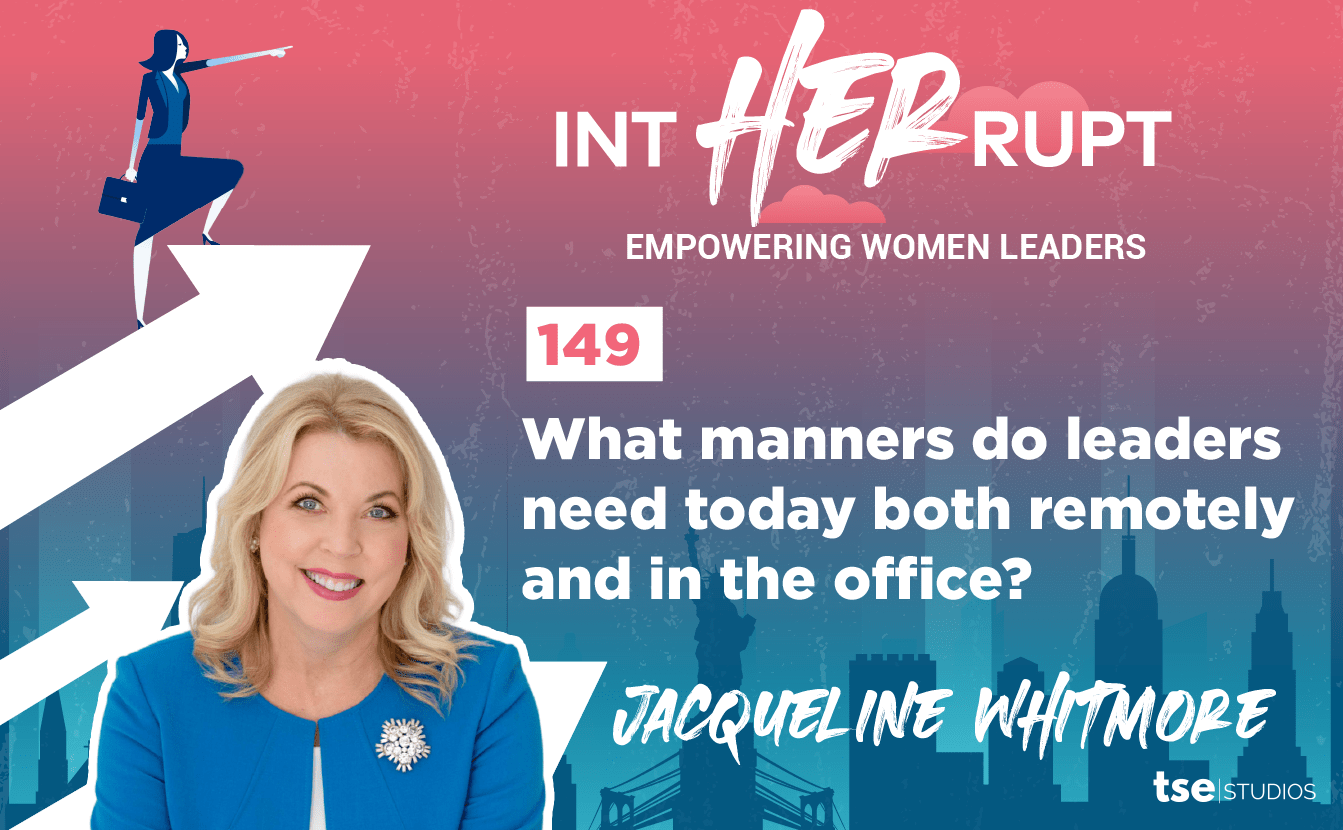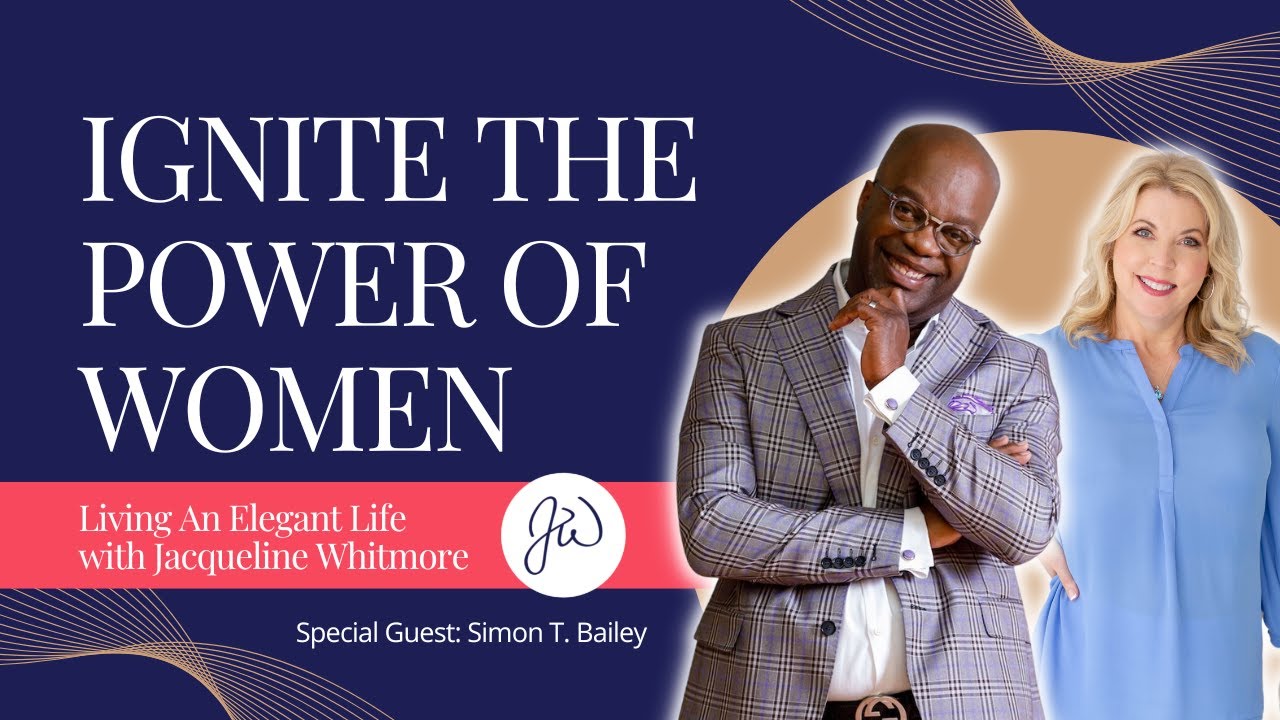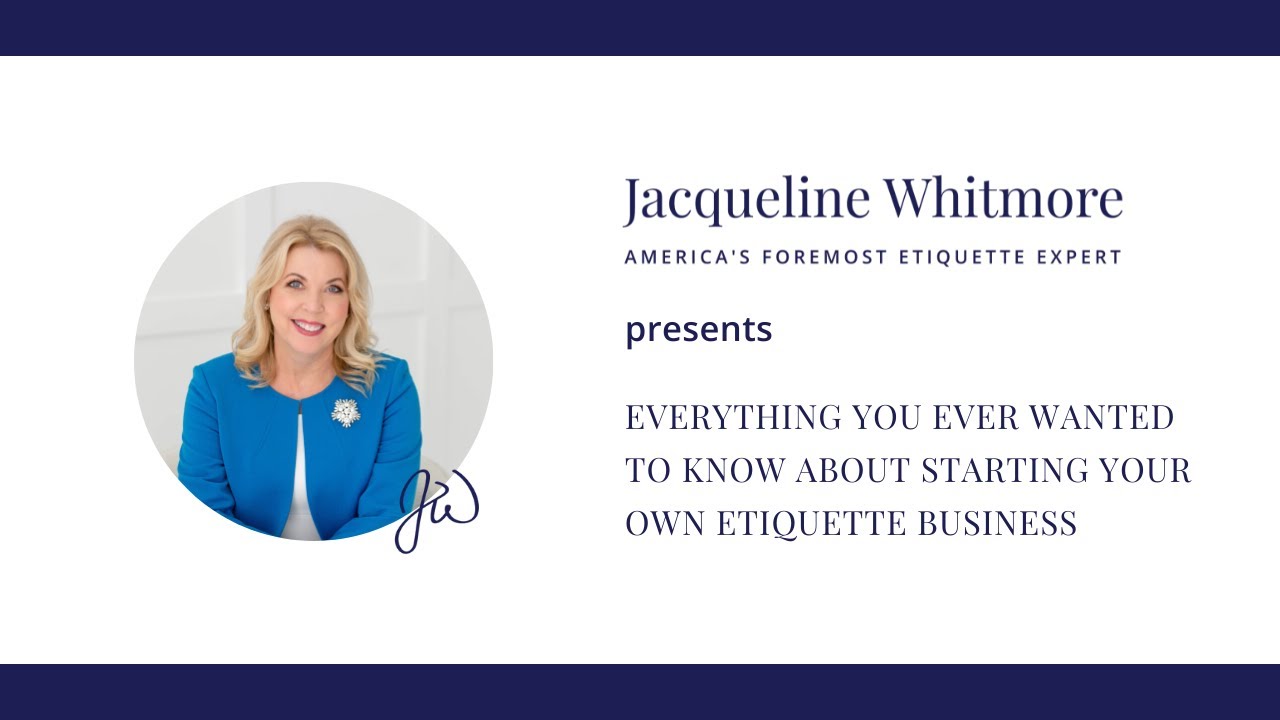
How to close a business email
Choosing the proper closing can sometimes be tricky when you’re composing an email. Even though it only takes a second, you probably don’t give your closing a second thought. But if you want to come across as thoughtful, considerate and professional, it might be time to put some effort in the message you’re sending.
William Schwalbe, who co-authored Send: Why People Email So Badly And How To Do It Better, with David Shipley, believes a signoff is, to some very great degree, extremely important because it’s the final indicator of what your relationship is to the receiver.
Others believe email closings are largely determined by the setting of an email. For example, you might sign a message to your colleague with “Cheers” but use a more formal closing such as “Sincerely” with a prospective employer.
If you’re someone who obsesses over the proper professional email signoff, here are some closings to consider.
Sincerely
If you want to on the conservative side, especially in a situation where you want to make a professional first impression, use “Sincerely.” It works especially well when sending a job application and cover letter. Otherwise, this closing can come across as stiff and old-fashioned.
Best, Regards, Best regards, All the best
If you want to use a closing that covers the widest array of professional situations, a version of “best” or “regards” is usually a winner. These closings are suitable for any situation and you’re not going to offend anyone and you’ll still sound professional.
Warmly or Warm regards
This closing should only be used with someone you know well because it tends to have a warm and fuzzy feeling attached to it.
Cheers and Good wishes
These closings are effective when corresponding with close friends or when ending a celebratory email. But they shouldn’t be used excessively. They’re too informal for a lot of situations and can be misinterpreted and off-putting in the workplace.
Thanks, Thank you, and Thanks in advance
In an analysis of 350,000 email threads by email scheduling app Boomerang, any variation of “thank you” got significantly more responses than emails ending with other popular closers like “cheers,” “regards” and “best.”
Refrain from using “Thanks in advance” in all situations, especially if the person you’re emailing hasn’t agreed to do something. Thanking someone for a request that has not been completed can add coercive pressure.
As ever
If you want to go beyond the typical close, try the consistent message of “as ever” if you are friendly with the recipient and have gone through past exchanges. This is Schwalbe’s personal favorite because it covers personal and professional relationships and is “inherently reassuring.”
“It just means ‘Whatever we were before, we are still that. No worries, it’s all good,’” Schwalbe says.
When in doubt
If someone emails you first, just follow their lead. In other words, if the person ends their email with “Regards,” follow suit and you’ll never go wrong.
Skip the closing
A closer isn’t necessary if the email is part of an ongoing thread, but if it’s part of a new conversation it’s a necessary courtesy.
What is your favorite email closing and why?





